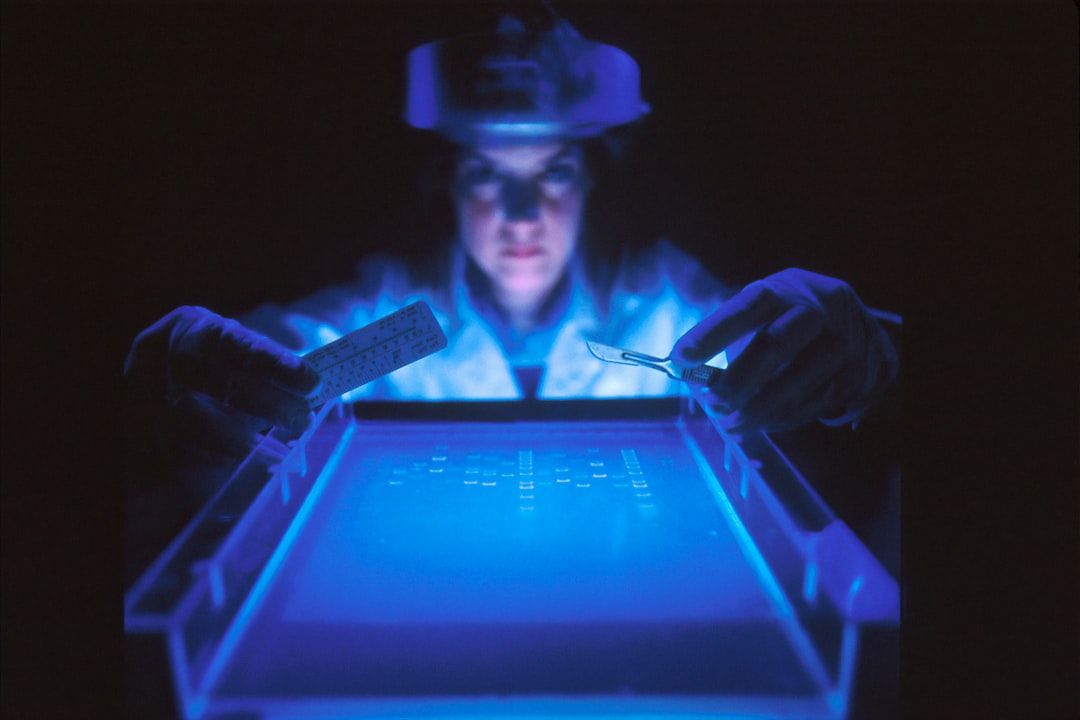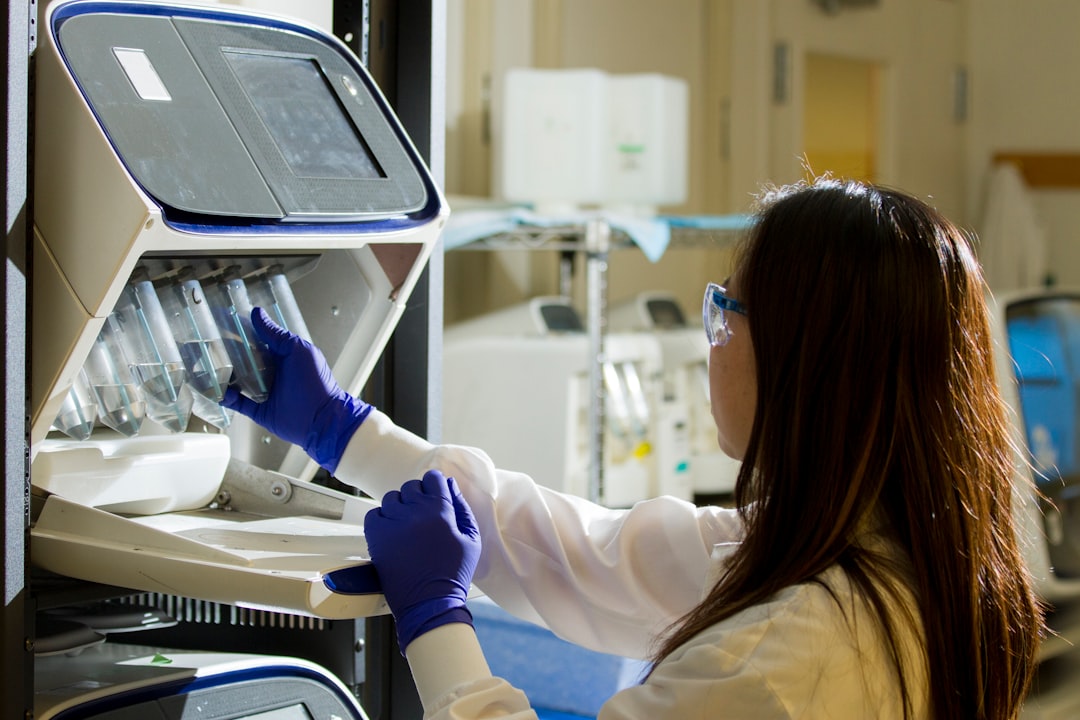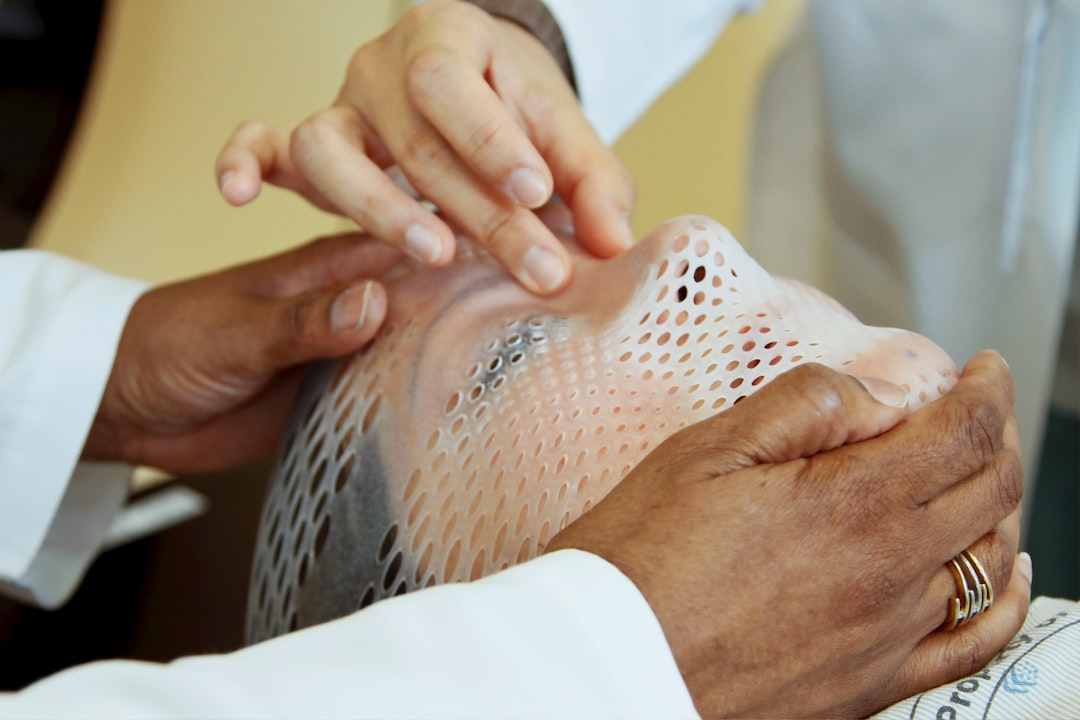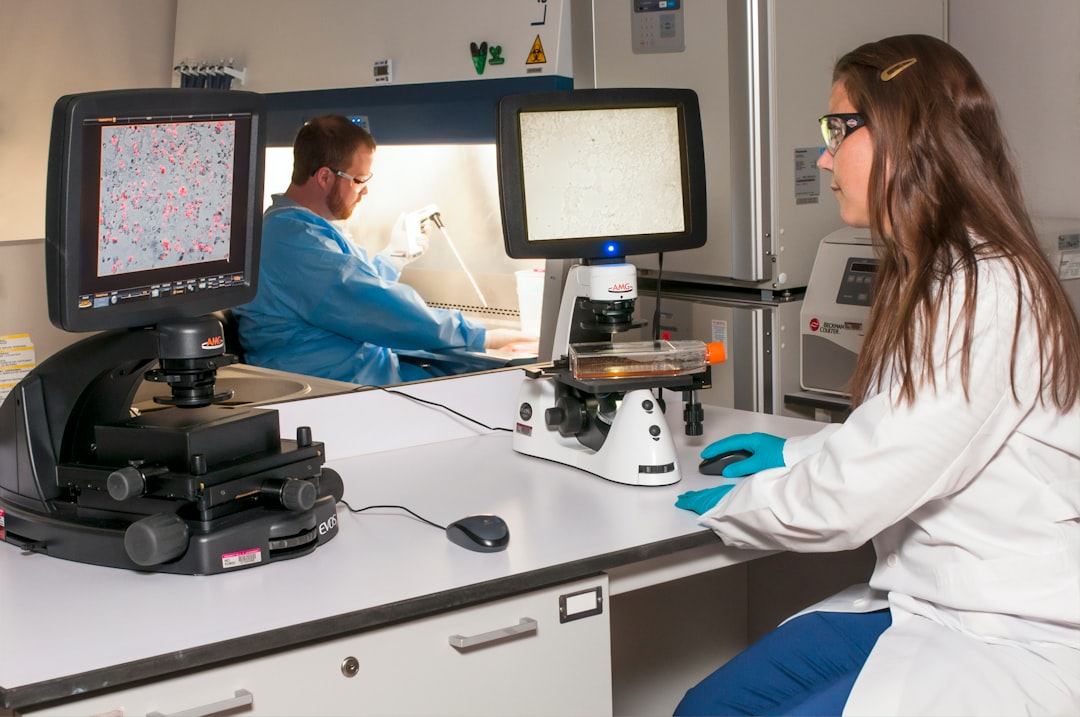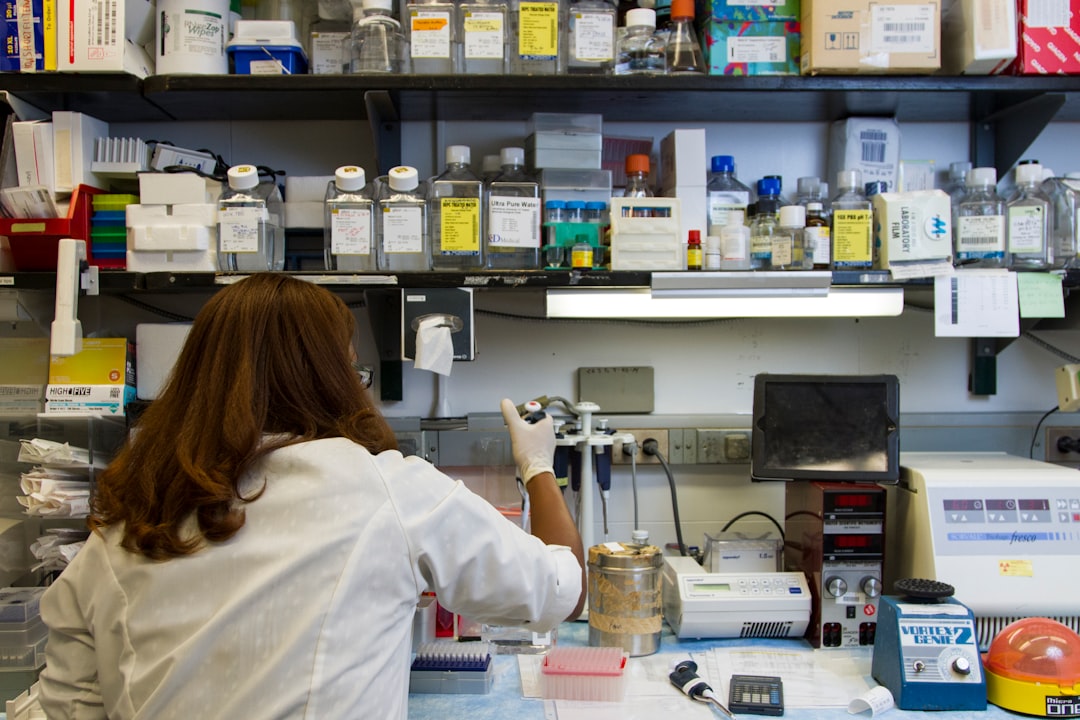Artificial Intelligence is transforming the healthcare industry by improving diagnostics, enabling more targeted drug therapies and advancing the field of precision medicine. The use of AI in medical diagnosis not only enhances the speed of diagnosis but also increases accuracy, which leads to better outcomes for patients. It has been employed to enhance medical imaging and genomics and optimize treatment by developing predictive analytics. AI is also utilized in healthcare to manage patient data securely, improve patient outcomes, and assist with clinical decision-making.
With the immense amounts of data generated by the healthcare industry every day, AI and Machine Learning algorithms can perform complex data analysis with greater speed and accuracy than humans. This allows medical professionals to focus on delivering better care while leaving the complex data analysis to an AI in the background. Additionally, AI can also help clinicians identify trends, discover patterns, and offer personalized treatment options to patients.
In the past decade, AI technology has seen impressive advancements, enabling medical professionals to provide better diagnostic tools, better understanding of diseases and diseases processes and thus, deliver personalized patient care. It makes me optimistic that AI and Machine learning will continue to optimize and transform the medical industry, leading to a brighter future for healthcare.
Streamlining Diagnostic Processes with AI
As we delve deeper into the world of healthcare, it becomes evident that there are many complex processes and factors at play when it comes to diagnosis. With the advent of artificial intelligence (AI) in the medical field, diagnostic processes are being streamlined in revolutionary ways.
Traditionally, medical professionals have relied on their training and experience to make diagnoses. While this is an essential aspect of medicine, it is not without limitations. AI systems, on the other hand, are designed to analyze large amounts of data, including medical records, lab results, genetic sequencing, and symptoms, to generate a comprehensive analysis of the patient’s condition. This can help reduce the likelihood of misdiagnosis and make diagnoses more accurate.
One of the biggest benefits of using AI in diagnostic processes is the increased speed of diagnoses. Machine learning algorithms can quickly process large amounts of data and provide results within minutes – a process that could take healthcare professionals hours or even days to complete. This increased speed has the potential to save lives in emergency situations where time is of the essence.
AI-assisted diagnostics are not limited to just primary care physicians. Medical imaging, such as X-rays, MRIs, and CT scans, can also benefit from AI. Machine learning algorithms can analyze images and accurately pinpoint abnormalities or markers of disease. This will not only save time but will also decrease the chances of misdiagnosis.
In addition, AI predictive analytics can be utilized to help diagnose diseases in their early stages. This, in turn, allows for earlier intervention and better treatment outcomes. AI can also be used to tailor treatment plans to individual patients, based on factors such as their medical history, genetic makeup, and lifestyle choices.
All in all, AI is revolutionizing the way we approach diagnosis in healthcare. With increased accuracy, speed, and available data, AI-assisted diagnostic processes are paving the way for a brighter future.
Medical imaging, such as X-rays, MRIs, and CT scans, can also benefit from AI.
Increased Accuracy and Speed of Diagnoses with AI
Artificial intelligence (AI) is changing the way healthcare providers operate, and its application is particularly evident in the diagnostic process. With advanced algorithms and machine learning, AI can speed up the diagnosis process, leading to faster treatment, better patient outcomes, and the potential for significant cost savings.
One of the key advantages of AI in diagnostics is its ability to process vast amounts of data quickly and accurately. Unlike human specialists, AI-enabled diagnostic systems can analyze a patient’s clinical and imaging data at lightning speed, and in much greater detail. This rapid analysis can significantly improve the accuracy of diagnoses, particularly in complex or rare cases where multiple factors may be at play.
Another way AI is improving the diagnostic process is by providing real-time support to clinicians. With AI, doctors can receive immediate guidance on the best course of action for a particular case. Using machine learning algorithms, AI systems can analyze vast amounts of patient data to provide recommendations that are tailored to the specific needs of each patient.
AI-assisted medical imaging is a particularly promising area where the technology is driving significant improvements in diagnostic accuracy. With the help of AI, medical imaging experts can detect early warning signs of complex illnesses like cancer, heart disease, and brain disorders. This early detection can improve the chances of successful treatment and even help prevent the onset of these conditions.
Of course, AI’s incredible power and speed come with some associated risks, particularly around data privacy and ethical considerations. As AI moves from the laboratory to frontline healthcare settings, it will be critical to ensure that safeguards are put in place to protect patient data and avoid unintended consequences.
Overall, the use of AI in diagnostics is a game-changer for healthcare providers seeking to improve patient outcomes and reduce costs. By providing faster, more accurate diagnoses, clinicians can provide more effective treatment plans, ultimately leading to better health outcomes for patients.
Unlike human specialists, AI-enabled diagnostic systems can analyze a patient’s clinical and imaging data at lightning speed, and in much greater detail.
AI-Assisted Medical Imaging and Diagnoses
Medical imaging has long been a significant contributor to the diagnosis and treatment of diseases and other medical conditions. However, the process of analyzing medical images can be tedious, time-consuming, and often requires highly specialized training. AI-assisted medical imaging is changing the game by streamlining the diagnostic process, providing highly accurate diagnoses at incredible speeds.
AI has proven to be instrumental in medical image processing and analysis, offering game-changing benefits such as automated detection and classification of abnormalities, segmentation of anatomical structures, and even predicting treatment outcomes. This technology has helped physicians make more informed decisions, eliminate misdiagnosis, and tailor treatment plans that yield better results.
AI-assisted imaging has helped in the detection of several diseases such as cancer, Alzheimer’s, cardiovascular conditions, and many more. In fact, AI algorithms have been shown to detect breast cancer with a higher accuracy rate than human radiologists. This breakthrough technology has made accurate and timely diagnoses more accessible, allowing medical practitioners to deliver more effective treatments and improve patient outcomes.
However, AI-assisted medical imaging is not meant to replace human radiologists or physicians, at least not yet. Instead, it serves as an additional tool that helps the medical practitioners perform their duties more efficiently and effectively. Medical practitioners can use AI to perform repetitive and time-consuming tasks, allowing them to focus more on the critical aspects of their job, such as interacting with patients and making more informed decisions based on multiple datasets.
In conclusion, AI-assisted medical imaging is revolutionizing how medical practitioners diagnose and treat diseases. The technology is helping them make more accurate and timely diagnoses and reduce the margin for error while speeding up the process. By breaking down complex imaging data and predicting treatment outcomes, AI helps tailor treatment plans that deliver better results. The future of healthcare is indeed bright with AI-assisted medical imaging and diagnoses, and we are only starting to scratch the surface of what’s possible.
AI-assisted medical imaging is changing the game by streamlining the diagnostic process, providing highly accurate diagnoses at incredible speeds.
AI Predictive Analytics for Early Diagnoses and Treatment
Artificial intelligence (AI) has proven itself to be an adept tool in assisting doctors and medical professionals in the diagnoses of various illnesses and diseases. By utilizing predictive analytics, AI has the potential to identify medical conditions in patients at an earlier stage than ever before – allowing for faster, more effective treatment plans.
One of the most impressive aspects of AI’s predictive analytics capabilities is its ability to analyze vast amounts of patient data in real-time. The use of AI algorithms allows medical professionals to quickly identify patterns and correlations that may not be visible through traditional diagnostic methods. This is particularly important when it comes to catching diseases at their earliest stages – when they may be difficult to detect through traditional means.
AI predictive analytics can be especially impactful in the identification and treatment of chronic conditions. By analyzing a patient’s medical history, lifestyle, and other factors, AI can provide insights into the potential development of chronic conditions before they become symptomatic. This can result in treatment and lifestyle changes being implemented before conditions worsen – leading to better health outcomes for patients.
Perhaps one of the most impressive applications of AI predictive analytics is in the identification of patients who may be at risk for developing serious conditions, such as cancer or heart disease. By analyzing a patient’s medical history and current health data, AI algorithms can identify potential risk factors – allowing for early intervention and more successful treatment plans.
In addition to aiding in diagnosis and risk assessment, AI predictive analytics can also assist in the development of tailored treatment plans. By analyzing patient data, AI algorithms can recommend treatment options that are specifically tailored to the individual patient – taking into account their unique medical history, lifestyle, and preferences.
Overall, AI’s predictive analytics capabilities have the potential to revolutionize the way we approach healthcare. By identifying potential health issues earlier, and by tailoring treatment plans to individual patients, AI can lead to better health outcomes and a brighter future for patients everywhere.
AI and Precision Medicine: Tailoring Treatment Plans to Patients
AI technology also shows tremendous potential in the field of precision medicine by helping healthcare professionals tailor treatment plans to individual patients’ unique needs. Precision medicine is an approach to healthcare that involves tailoring medical treatment and prevention strategies to cater to the individual characteristics of each patient. AI predictive analytics can be used to aid in precision medicine by analyzing large datasets of patient information including genetics, lifestyle, demographics, environmental factors, and medical history.
By utilizing AI-driven predictive analytics to analyze these datasets, healthcare professionals can develop more effective treatment plans that cater to a patient’s unique characteristics. AI can also assist in the selection of the most appropriate therapy and individualized dosage to enhance effectiveness and minimize side effects. For instance, oncologists can now use AI to determine the best combination of chemotherapy drugs and dosages tailored to individual patients, increasing the chances of treatment success while simultaneously reducing toxic side effects.
Furthermore, AI algorithms can help clinicians identify genetic variations that can affect how patients respond to different drugs, allowing medical professionals to prescribe the right medication for an individual patient based on their unique genetic makeup. Tailored treatment plans can also take into account other factors, such as lifestyle and environmental factors that may affect an individual patient’s response to a certain medication, such as allergies or other health conditions.
In summary, precision medicine is a vital area of healthcare that stands to benefit greatly from AI technology. AI predictive analytics can help healthcare professionals develop tailored treatment plans and deliver personalized healthcare to individual patients. The combination of AI-driven precision medicine and the positive impact it has on healthcare represents a significant step towards improved overall patient outcomes and a brighter future for healthcare.
AI predictive analytics can help healthcare professionals develop tailored treatment plans and deliver personalized healthcare to individual patients.
Conclusion: A Brighter Future for Healthcare with AI
Artificial intelligence (AI) is changing healthcare in ways that were previously unimaginable. The benefits of AI are manifold, and numerous industries are already benefiting from the integration of this technology. In healthcare, AI is streamlining diagnostic processes, increasing the speed and accuracy of diagnoses, and assisting with medical imaging.
AI predictive analytics is revolutionizing healthcare by aiding early diagnoses and treatment of various diseases. Thanks to this technology, healthcare professionals can identify and diagnose conditions such as cancer, heart disease, and other ailments in their early stages, giving patients a better chance of recovery.
Precision medicine is another area where AI is making significant advances. By leveraging algorithms and predictive models, AI is helping tailor treatment plans depending on individual patients’ data, including their genetics, lifestyle habits, and medical history. The result is the development of customized treatment plans that optimize patient outcomes.
In conclusion, the future of healthcare looks brighter with the integration of AI. As a result of this technology, healthcare professionals have faster and more efficient diagnostic tools at their disposal, increasing the accuracy of diagnoses and improving patient outcomes. In the long term, we expect AI to continue revolutionizing healthcare in ways that many of us cannot yet imagine.
